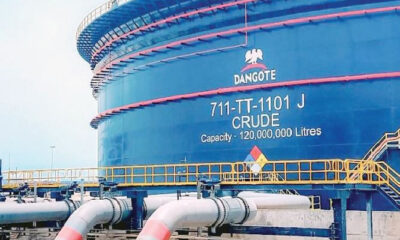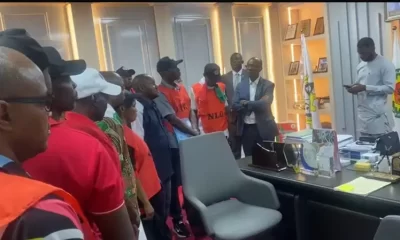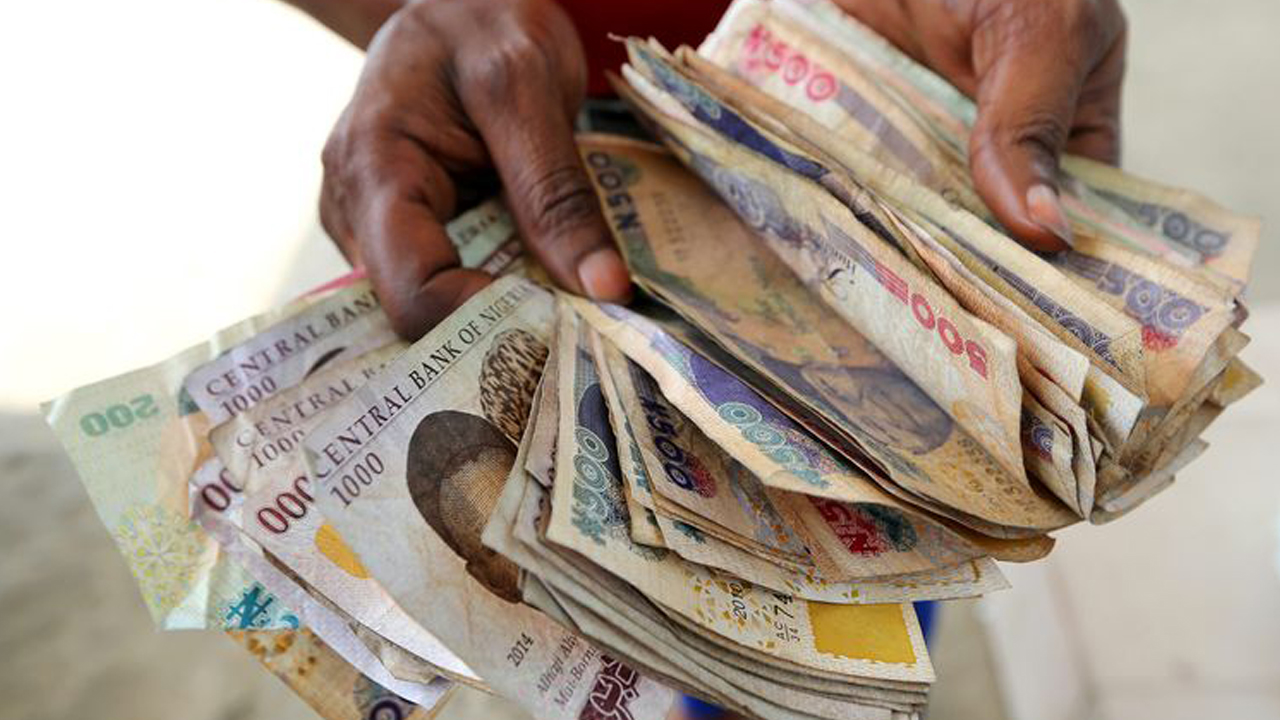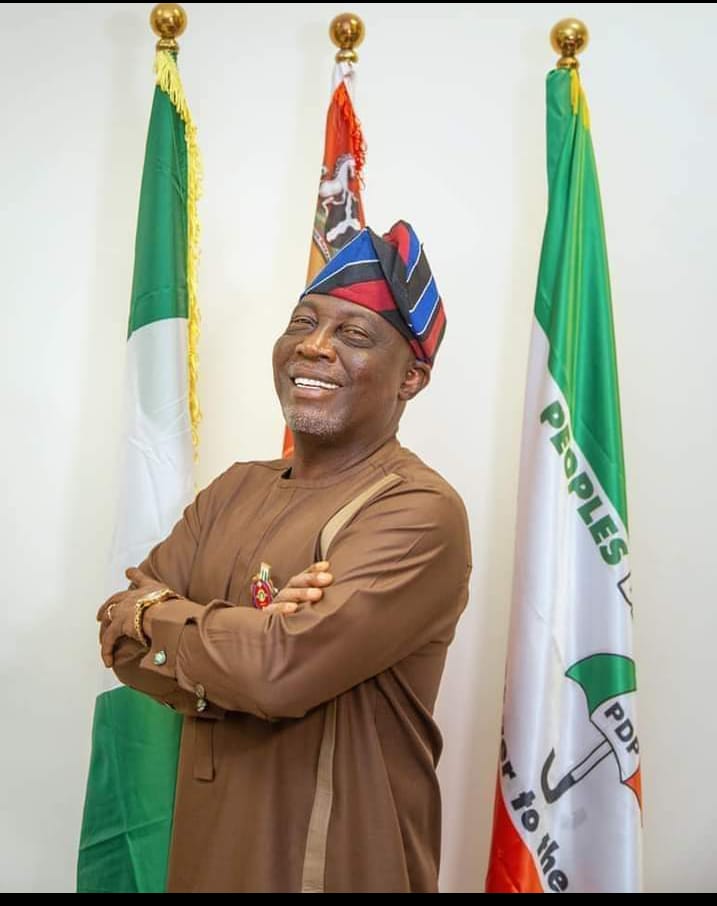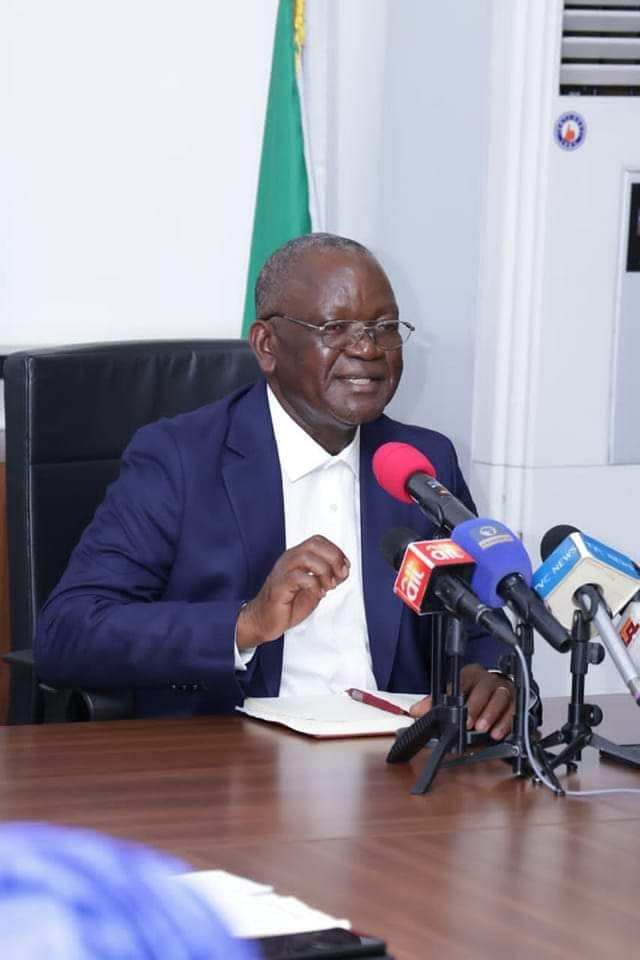Nigeria News
Nationwide blackout looms as GenCos threaten shutdown over N4tn debt

Nigeria may be plunged into a deepening electricity crisis as power generation companies (GenCos) have warned of a possible nationwide shutdown over mounting debts now exceeding N4 trillion.
The threat, which signals the possibility of a total power collapse, was issued on Monday by the Chairman of the Board of Trustees of the GenCos, retired Colonel Sani Bello, during a press briefing in Abuja.
According to Bello, the GenCos are being suffocated by unpaid invoices from the federal government and other market operators. He revealed that of the N4 trillion owed, N2 trillion represents energy generated and consumed in 2024, while N1.9 trillion is made up of legacy debts.
Despite full consumption of generated power, GenCos claim they are receiving only 9 to 11 percent of payments due, while other players in the sector continue to be paid in full.
“The power generated by GenCos has continued to be consumed in full without corresponding payment. This situation has dire consequences for the GenCos and, by extension, the entire power value chain,” he said.
Bello criticised the 2025 national budget’s allocation of N900 billion for the power sector, calling it grossly insufficient to settle existing liabilities or support future operations. He described the government’s actions as a “clear departure” from the terms of the Power Purchase Agreement, stressing that the financial burden is crippling GenCos’ ability to meet their obligations.
The liquidity crisis is further worsened by a decline in collection rates, which dropped below 30 percent in 2024, according to the GenCos. Operational costs, which are largely dollar-denominated, and the difficulty in accessing foreign exchange have also compounded the challenges facing the power generators.
“The importance of a specialised forex window or a stable dollar allocation option for the GenCos cannot be overemphasised,” Bello added.
The GenCos are calling for immediate government intervention, including full payment of outstanding invoices, a restructuring of the waterfall payment system, and financial guarantees supported by international institutions like the World Bank and the African Development Bank (AfDB).
“There is a need for a coordinated approach by all stakeholders to address the liquidity issue realistically and sustainably. This request requires urgent attention,” Bello urged.
As of the time of this report, the Minister of Power, Adebayo Adelabu, has yet to make an official statement on the matter.






